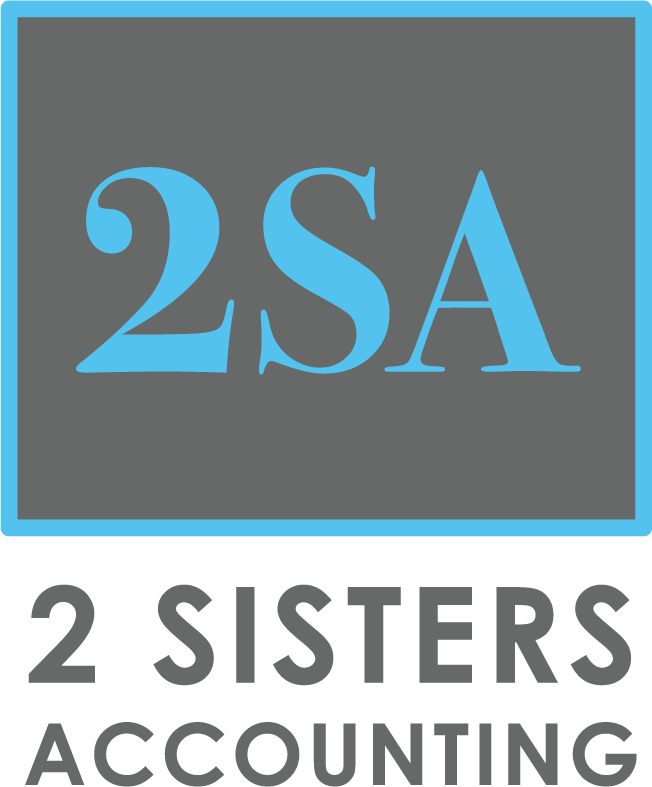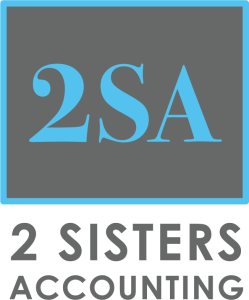Should you use a limited company to hold rental properties? As is so often the case with accounting and tax issues it depends, however with changes to the tax relief available on finance costs on buy to let properties it is a question more landlords are considering. The best option for you depends on a number of factors such as annual income and long term intentions for the property.
Benefits
The main benefit of holding rental property in a company is that profits are taxed at the corporation tax rate of 19% depending on the profit within the company. If you are a higher rate or additional rate tax payer this is a significant saving on the 40% or 45% you would be paying as an individual on those profits. Likewise any capital gains when a property is sold would be taxed at the corporation tax rate not at the personal capital gains rate.
However if you wish to take money out of the company it will then be subject to tax as either income or dividends. You will however have more options on when you take money out to plan more tax efficiently than if they were held individually, or you can leave profits in the company to reinvest in future properties.
While mortgage interest is no longer an allowable expense for an individual property investor it is still allowable for companies that hold property.
If you plan to hold on to the properties to pass on to children or grandchildren in the future then it may be beneficial to keep rental properties in a limited company. The intended future beneficiaries could be made shareholders in the company and benefit from any uplift in value without being subject to inheritance tax. They would need to pay tax on dividends, capital distributions or sale of shares. The company would also have to pay corporation tax on rental income.
Drawbacks
Access to mortgages could be more restricted to companies buying property than individuals, they are also likely to be at a higher rate and with higher fees. However more places are offering mortgages to companies, so this situation may change in years to come.
Although corporation tax is lower than income tax on the profits within the company, you will then have to pay tax on the profits when you withdraw them, which if you have other income could lead to higher tax liabilities than if you were holding the rental properties personally.
Finally there are additional administrative costs to consider of using a limited company, such as filing annual accounts and confirmation statements.
If you already own properties
If you own a property already transferring it in to a company could cost more money than it saves in tax. This is because the transfer into a company would be counted as a disposal for Capital gains tax, this means any increase in value in the property would be subject to capital gains tax. If the increase in value is significant this could be a costly decision with no money coming in from a sale to pay for the tax, however if there is not a significant gain the tax liability may not be such a consideration.
Usually the best course of action will be decided with the help of an accountant, a good mortgage advisor and possibly an IFA. As always, there’s never an easy answer!







